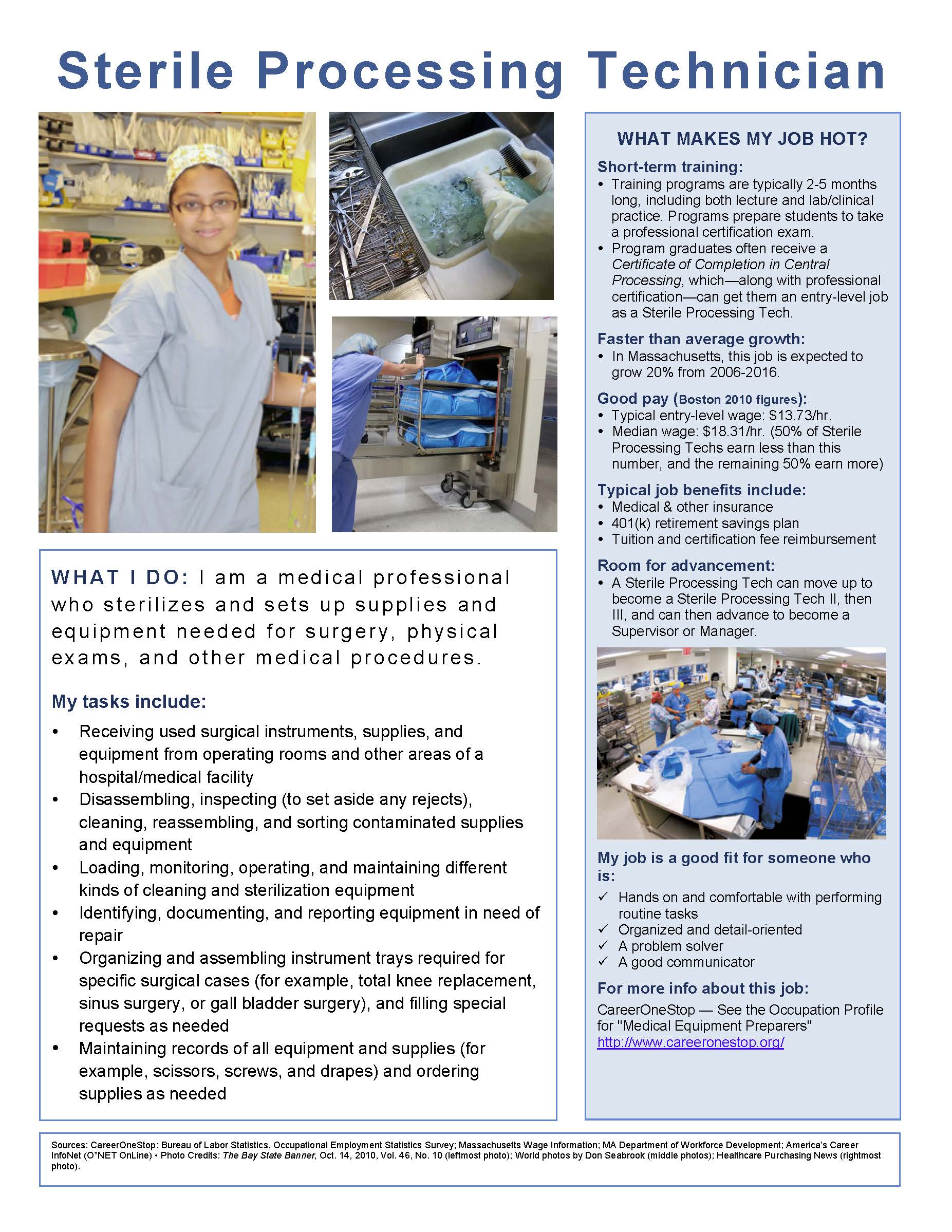JFF Tools and Resources
Texas's Rio Grande Valley is home to a groundbreaking model for dropout recovery (based on the Back on Track Through College model) that helps youth transition into college. The College, Career, and Technology Academy has graduated almost 1,000 former dropouts and off-track youth in five years — a significant percentage of whom attained postsecondary credits before graduating — putting college success within reach for students who once left school without a diploma or were at high risk of not graduating. This approach is being replicated across the Southwest, as other school districts recognize the promise and potential of recovering this population and helping them achieve their postsecondary and career goals.
This white paper shares lessons from “best in class” GED to College programs that show early, positive results in preparing youth for college and helping them persist once there. It also explores key issues connected to the growth of this programming within the field and lays out a framework for leaders and program staff looking to transform short-term GED programs into more intensive, college-connected designs.
This resource is an one-page overview of the six strategies of the Common Instructional Framework.
This paper highlights the Postsecondary Success Initiative, launched in 2008 as a collaboration of Jobs for the Future (JFF), YouthBuild USA, the National Youth Employment Coalition, and as of 2011, the Corps Network with generous support from the Bill & Melinda Gates Foundation and the Open Society Foundations.
This brief by Youth Development Institute, for JFF, seeks to build an understanding of the needs and strengths of young people who are underrepresented in higher education and the ways that youth development organizations and colleges can collaborate to improve student success.
This tool (abridged version) helps districts and their partners to develop a reengagement and recruitment strategy. A more in-depth tool is available upon request.
This tool helps districts and their partners to develop a reengagement and recruitment strategy.
Bringing Off-Track Youth in the Center of High School Reform provides a "starter kit" for school districts seeking to introduce a systemic approach to dropout prevention and recovery. This tool kit supports the efforts of a school district and its partners to create a system of back-on-track options for off-track and out-of-school youth. It focuses on key decision points in identifying young people who are falling off track and on creating high-quality learning environments to help them reengage and graduate college-ready.
This web-based tool examines the alternative education policies of all 50 states and the District of Columbia and aligned those with seven model policy elements that define a new alternative education policy set.
This online tool identifies six policy elements that underpin a holistic state-level policy approach to dropout prevention and recovery. Find out about these elements and which states’ are making progress to achieve them.
The Optional Flexible School Day Program (OFSDP), enacted in 2007-08, is a non-competitive grant program that provides Texas districts with an alternative method of calculating attendance by lifting restrictions on the days of week, hours and locations that students can attend classes and the locations where instruction can take place. Tips, FAQs, and places for additional information and help in using OFSDP are included in this document.
This resource, initially developed for the Texas Dropout Recovery Program Pilot grantees, lists Texas policies that support dropout recovery, as well as sustaining alternative education programs, and asks targeted questions that help to build a framework for using policies to benefit dropout recovery programs. Use the questions to review policies in your state. Non-Texans can use the policies and questions to review the policies that support recovery programs in your state.
Pharr-San Juan-Alamo partnered with South Texas College to create the College, Career, and Technology Academy (CCTA), a college-connected dropout recovery school that puts former dropouts onto a supported path to postsecondary education.
Changing the Landscape describes work in communities and states designed to develop a systemic approach to expanding learning options and improving outcomes for students who are struggling or who have left school.
This report describes the work of Project U-Turn, a citywide collaborative campaign that focuses public attention on the dropout crisis and designs strategies and leverages investments to resolve it.
Additional Tools and Resources
This study examines promising strategies to reengage low-income disconnected young people and how to take these strategies to scale.

